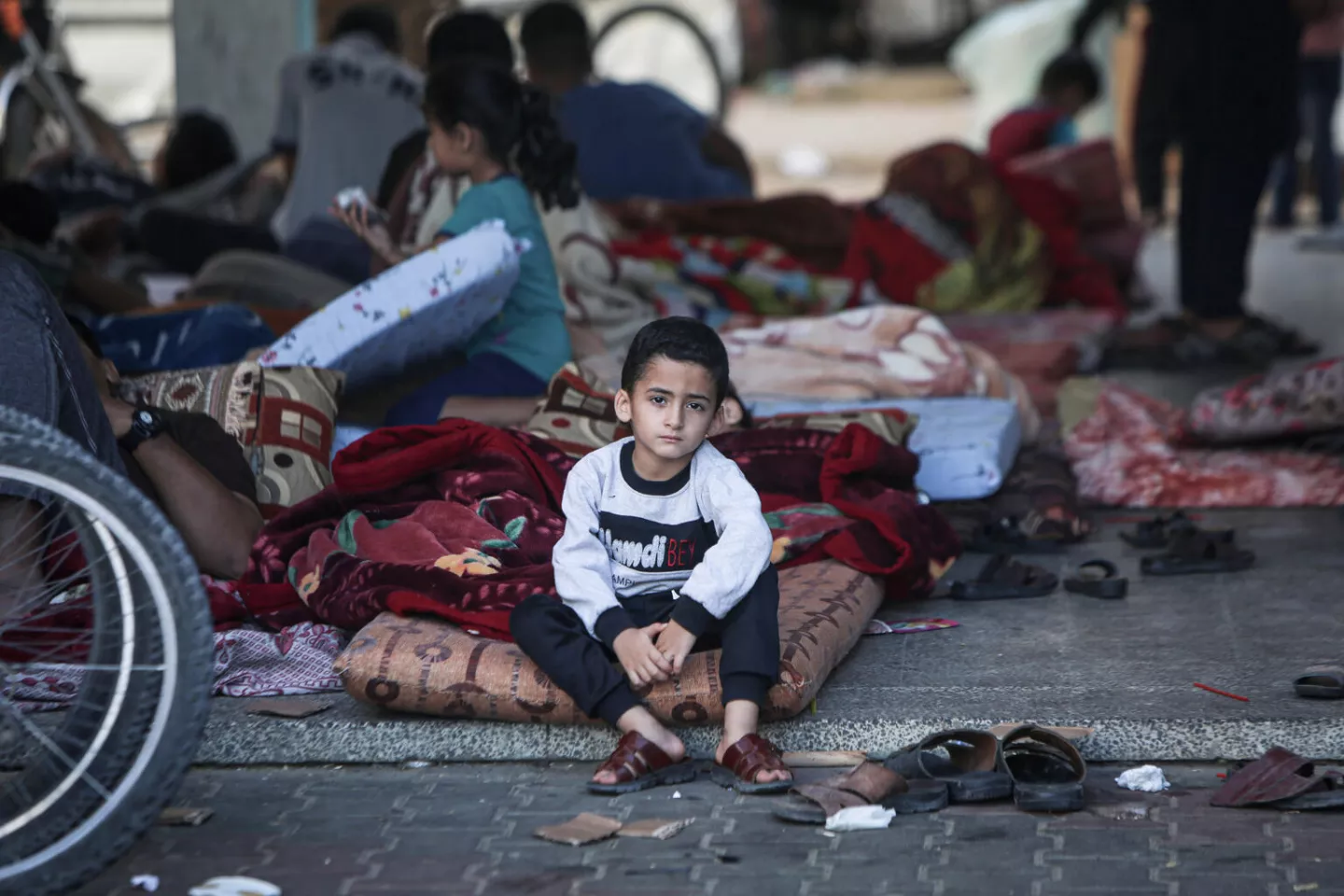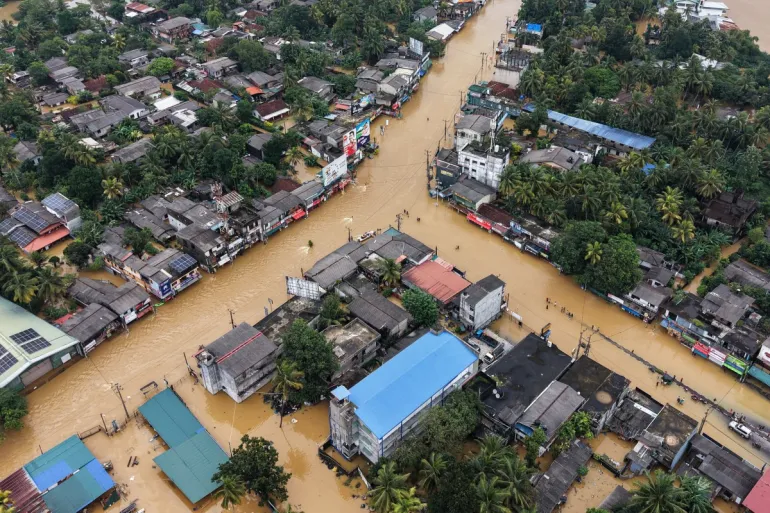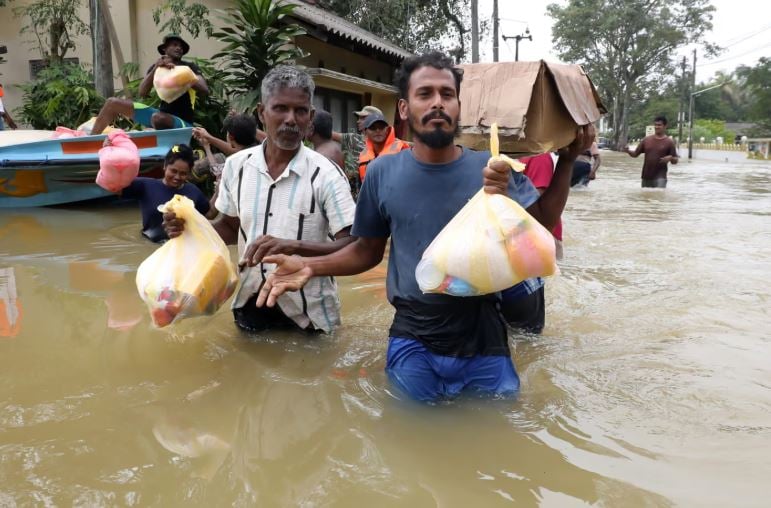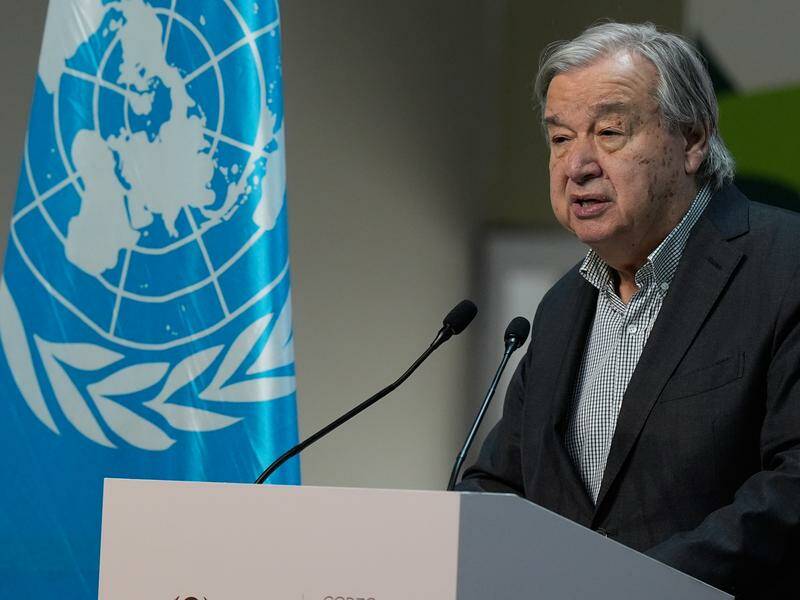Families displaced by the ongoing conflict in Gaza are facing a worsening humanitarian crisis as food shortages and rising prices leave many struggling to survive.
In central Gaza, the closure of the Zadna Bakery in Deir Al-Balah has become a stark symbol of the region’s growing food insecurity. Displaced residents gather daily in hopes of securing bread, only to find supplies exhausted.
Umm Shadi, a mother displaced from Gaza City, described the difficulty of finding affordable food. "Flour costs 400 shekels ($107) for a single bag. Who can afford that? There’s nothing left for us,” she said.
For others, the lack of resources is compounded by the inability to wait for hours in line. Nora Muhanna, another displaced mother, shared her frustration. "We’ve been waiting for hours just for a piece of bread. Even when food is available, most of us have no money to buy it."
Charity kitchens have stepped in to provide basic meals, but the demand far exceeds their capacity. At one makeshift facility in Deir Al-Balah, lines stretch for hours as people wait for small portions of lentil soup and bread.
Humanitarian organizations warn that nearly the entire population of Gaza, estimated at 2.3 million, now depends on international aid to survive. Reports of malnutrition are growing, particularly among children, as aid shipments struggle to reach the hardest-hit areas.
Refat Abed, a father of three, described his struggles to provide for his family. "There’s no work, no money. Without the charity kitchens, my children wouldn’t eat at all," he said.
As the crisis deepens, international organizations are calling for immediate action to ensure unhindered access to humanitarian aid. With famine conditions reportedly emerging in some areas, experts stress the urgent need for a sustained response to prevent further loss of life.
The escalating food crisis highlights the severe toll of the ongoing conflict, with displaced families bearing the brunt of the suffering. For many, the hope of relief remains distant as they face the daily reality of hunger and uncertainty.
In central Gaza, the closure of the Zadna Bakery in Deir Al-Balah has become a stark symbol of the region’s growing food insecurity. Displaced residents gather daily in hopes of securing bread, only to find supplies exhausted.
Umm Shadi, a mother displaced from Gaza City, described the difficulty of finding affordable food. "Flour costs 400 shekels ($107) for a single bag. Who can afford that? There’s nothing left for us,” she said.
For others, the lack of resources is compounded by the inability to wait for hours in line. Nora Muhanna, another displaced mother, shared her frustration. "We’ve been waiting for hours just for a piece of bread. Even when food is available, most of us have no money to buy it."
Charity kitchens have stepped in to provide basic meals, but the demand far exceeds their capacity. At one makeshift facility in Deir Al-Balah, lines stretch for hours as people wait for small portions of lentil soup and bread.
Humanitarian organizations warn that nearly the entire population of Gaza, estimated at 2.3 million, now depends on international aid to survive. Reports of malnutrition are growing, particularly among children, as aid shipments struggle to reach the hardest-hit areas.
Refat Abed, a father of three, described his struggles to provide for his family. "There’s no work, no money. Without the charity kitchens, my children wouldn’t eat at all," he said.
As the crisis deepens, international organizations are calling for immediate action to ensure unhindered access to humanitarian aid. With famine conditions reportedly emerging in some areas, experts stress the urgent need for a sustained response to prevent further loss of life.
The escalating food crisis highlights the severe toll of the ongoing conflict, with displaced families bearing the brunt of the suffering. For many, the hope of relief remains distant as they face the daily reality of hunger and uncertainty.


















